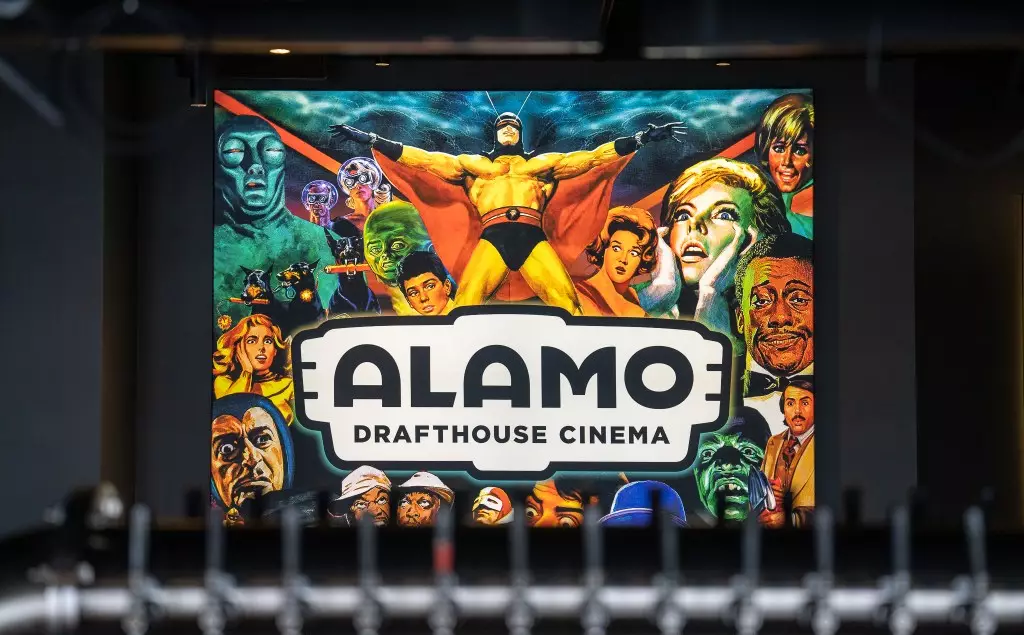After an arduous 58-day strike, workers at two Alamo Drafthouse locations in New York City have returned to their positions following a new agreement with the cinema chain. But this reconciliation raises more questions than answers about labor practices in a post-pandemic era, particularly when a corporation like Sony—owner of the Drafthouse—becomes involved. The workers, represented by the NYC Alamo United union, are celebrating their rehire, but this so-called victory should not be mistaken for a comprehensive resolution to the larger crisis of job security, fair treatment, and corporate accountability.
It’s commendable that the strikers have managed to secure their reinstatement alongside other benefits such as restored paid time off and seniority, but let us not forget the dire circumstances that led to their mass layoffs in the first place. Alamo claimed this decision came during a customary post-holiday revenue slump, yet striking down 70 employees instead of simply reducing hours paints a troubling picture of corporate priorities, focusing more on budget-cutting than employee welfare. Rather than engaging in constructive dialogue, the chain opted for layoffs, reflecting a jarring disregard for the employees’ well-being.
The Illusion of Corporate Benevolence
It’s easy to applaud Alamo for their willingness to negotiate after intense pressure, but we must interrogate the sincerity behind these actions. The abrupt nature of the layoffs and the subsequent negotiations that led to the resolution raises concerns about the company’s long-term commitment to its employees. The workers’ initial demands appear to have stemmed from a fundamental need for respect; after all, it is not only their jobs at stake but their lives and livelihoods—elements that define their sense of dignity. Actions should speak louder than words, and in this case, the word “settlement” feels like an inadequate substitute for systemic change.
It’s also worth emphasizing that the workers leveraged public support effectively, utilizing boycotts and social media campaigns to amplify their voices. This grassroots effort highlights a critical truth: the relationship between a corporation and its employees must not be one-sided, and when one party’s actions undermine the other’s rights, collaboration breaks down. This instance serves as a warning sign for all businesses, reminding them that the implications of conflict extend far beyond boardroom meetings and touch the very fabric of the communities they exist in.
A Call to Action for Corporate Responsibility
This strike and its eventual resolution underscore a larger issue permeating corporate America: labor conditions and corporate accountability are increasingly intertwined. It is necessary for consumers to question the practices of their favorite establishments. While Alamo Drafthouse may be a beloved venue for cinephiles, that fondness should not blind us to the realities faced by its workers. The fact that this strike was necessary to obtain what should be basic workplace rights is a damning indictment of corporate culture.
In the end, compassion for employees must be embedded in the policies of all companies, especially those like Alamo that have a significant cultural influence. The question that remains, however, is whether this resolution will catalyze meaningful change or if it will turn into yet another footnote in the chronicle of labor disputes fading into obscurity. As customers and patrons, it is our duty to remain vigilant and to insist that when we invest our time and money into establishments, we are also investing in the well-being of their employees.

